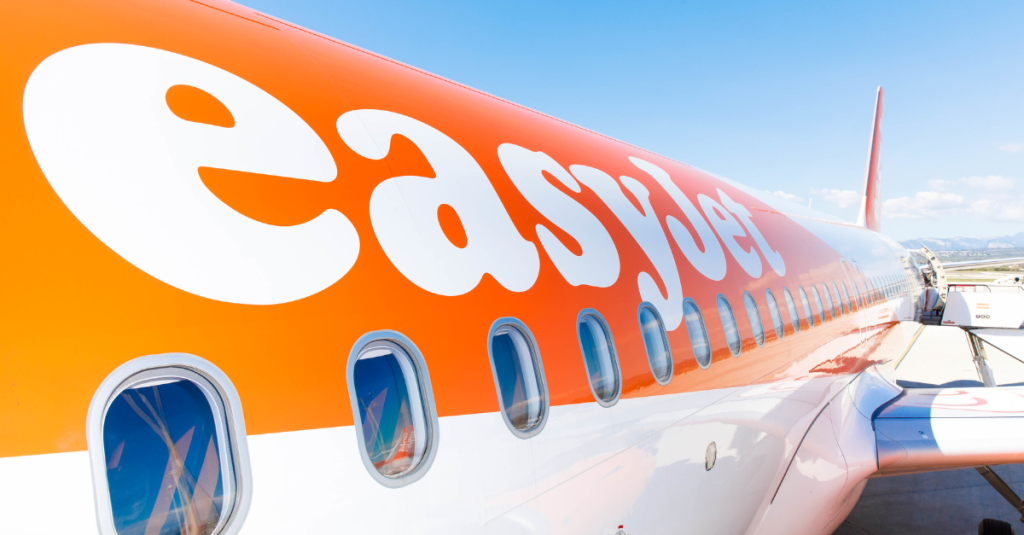EasyJet has come under scrutiny after failing to pay thousands of its staff the minimum wage, attributing the lapse to a ‘genuine error’.
The budget airline was named in a government report that identified over 500 companies which did not comply with National Minimum Wage regulations between 2015 and 2023.
EasyJet has attributed a ‘genuine error’ for failing to meet the minimum wage requirements for some of its crew members. The budget airline was listed in a government report highlighting over 500 companies that had not complied with the National Minimum Wage over an eight-year investigation period.
EasyJet’s internal review in 2018 revealed that new cabin crew recruits were underpaid during their initial training month. Immediate steps were taken to address the mistake, and back payments were issued to those affected, covering individuals trained between 2014 and 2019.
The airline acknowledged its failure to pay £338,876.46 to 3,898 staff members. This oversight placed EasyJet at eighth position in the list of non-compliant companies, sorted by the amount unpaid.
A spokesperson for EasyJet emphasised the prompt action taken to rectify the issue, stating, ‘This was a genuine error which we immediately rectified and issued back payments to all affected crew.’ The representative further clarified that all staff were paid according to the National Minimum Wage for their total annual salary, but a specific issue affected new cabin crew during their three-week training period.
The government report indicated that the companies named have faced financial penalties up to 200% of their underpayments.
Dnata catering, Center Parcs, and the Radisson Hotel in Manchester were some other prominent names included in the list alongside EasyJet. This has undoubtedly raised concerns regarding wage compliance across different sectors.
The National Living Wage is set to rise by 9.8% to £11.44 an hour starting from 1st April, as announced in the Autumn statement.
Such increases are part of broader governmental efforts to ensure fair compensation practices and prevent similar instances of underpayment in the future.
For EasyJet, this incident serves as a reminder of the importance of maintaining rigorous compliance checks, particularly during the onboarding and initial training phases for new employees.
The airline reiterated its commitment to treat its employees fairly, and to maintain competitive pay that aligns with market practices.
‘While all crew in this period (2014-19) were paid in line with the National Minimum Wage for their total annual salary, this review in 2018 identified a specific issue affecting our new entrant cabin crew only during their initial three-week training course, as some payments only apply once cabin crew are flying,’ the EasyJet spokesperson elaborated.
This statement underscores the complexities involved in ensuring compliance across different stages of employment and payroll processing.
EasyJet’s quick response to rectify its underpayment issue highlights the importance of stringent compliance measures.
This incident highlights the company’s commitment to fair treatment, competitive pay, and adherence to market practices.

